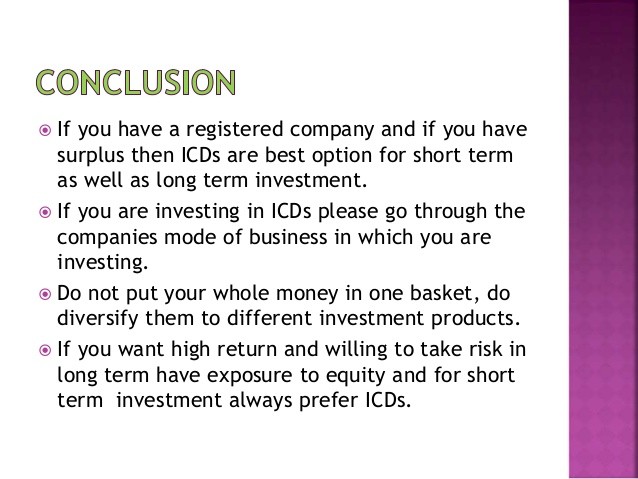Reap More benefits by Investing in Debt Funds ~ Trends
Post on: 10 Июнь, 2015 No Comment

Reap More benefits by Investing in Debt Funds
Debt fund is an investment pool just like a mutual fund, in which core holdings are fixed income investments. It is likely that it may invest in short-term or long-term bonds, securitized products, money market instruments or floating rate debt. The main investment objective of this fund is usually preservation of capital and generation of income.
There are different debt investment instruments available in the market and investors should invest only in those funds that match their investment horizon and risk profile. Earlier, there was a misconception that only Equity funds require in-depth study before investing. However, the existing micro and macro-economic conditions mandate the same for debt funds as well.
At present, there are a number of investment instruments of debt in the industry and there is a dire need to consolidate a good number of them to make it easier for investors to understand. Their selection can normally be done under four major categories — short-term bond funds, long-term bond funds, monthly income plans and ultra-short term funds.
Although, investing in these funds offer good rewards, very few put in their money in these investment options. One of the advantages of investing in these instruments is that they are liquid. You can withdraw your investments at any time and the money is in your bank account the next day. What is a respite here is unlike a fixed deposit, the fund house does not levy a penalty for exiting too soon.
Another key advantage is that they are considered very good tax efficient instruments. After one year of investment, the income from a debt fund is treated as a long-term capital gain and is taxed at either 10% or at 20% after indexation. Investors get double indexation benefits. This lowers their tax liability. In indexation, the cost of investment is raised to account for inflation for the period the investment is held. The longer you hold a these fund, the bigger is the indexation benefit. There is also no TDS in these funds.
Thirdly, investing in an open-ended debt fund. you do not lose even a day’s growth. In addition, ploughing your hard-earned money can give you good and higher returns. The pre-tax returns are comparable with those from other debt options such as fixed deposits and bonds. However, if there are changes in interest rates, your investment could give higher returns.
Besides, debt funds are more flexible than fixed deposits (DPs). One can invest small amounts every month through systematic investment plan (SIP) or whenever there is surplus cash. Likewise, one can start a systematic withdrawal plan (SWP) to withdraw a predetermined sum from his/her investment every month. This is very useful for retirees who want a fixed income every month. An investor can also change the amount of the SWP whenever he/she wants.
Many investors who want to stay away from equities have shown keenness in debt products in the form of reallocation or fresh purchase. As a result, these low risk and steady return funds have become highly popular among the investor community. As an intelligent investor, you should use proactive wisdom in choosing the right debt fund that meets your investment horizon and objective.
Disclaimer:
- Views as are mentioned in the article are personal views of Author and nothing to link with Co. its Director and Employees.
- All investments are subject to market risk and you need to consult your financial adviser/consultant before investment.














